
Seomun Market: The Heartbeat of Daegu
Seomun Market is one of South Korea's largest and oldest markets, located in the bustling city of Daegu. This vibrant marketplace dates back to the Joseon Dynasty and is a treasure trove for history buffs and curious wanderers alike. As you step into Seomun Market, you'll find yourself immersed in a rich tapestry of sights, sounds, and scents—a sensory experience like no other. The market is famous for its extensive array of goods, ranging from traditional Korean textiles to modern fashion, making it a paradise for shoppers. Here, you can find everything from high-quality silk and linen to handcrafted accessories. The market is divided into several sections, each specializing in different types of products. This makes it easier for visitors to navigate and find exactly what they're looking for. Food lovers will be delighted by the incredible variety of street food available at Seomun Market. From sizzling tteokbokki (spicy rice cakes) to freshly made hotteok (sweet pancakes), the culinary offerings are endless. Don't miss out on trying the local specialty, kalguksu (hand-cut noodles), which is a must-try for any visitor. The market's food stalls offer a perfect opportunity to sample authentic Korean flavors at very reasonable prices. In addition to shopping and dining, Seomun Market offers a glimpse into the local culture and daily life of Daegu's residents. The market is a hub of activity, with vendors calling out to customers and lively conversations filling the air. It's a place where tradition meets modernity, making it a must-visit destination for anyone looking to experience the true essence of Daegu.
Local tips in Seomun Market
- Visit early in the morning to avoid the crowds and get the best picks from vendors.
- Bring cash as many vendors do not accept credit cards.
- Try the local specialty, kalguksu, at one of the market's famous noodle stalls.
- Wear comfortable shoes as you'll be walking a lot.
- Don't be afraid to haggle; it's part of the shopping experience here.
Seomun Market: The Heartbeat of Daegu
Seomun Market is one of South Korea's largest and oldest markets, located in the bustling city of Daegu. This vibrant marketplace dates back to the Joseon Dynasty and is a treasure trove for history buffs and curious wanderers alike. As you step into Seomun Market, you'll find yourself immersed in a rich tapestry of sights, sounds, and scents—a sensory experience like no other. The market is famous for its extensive array of goods, ranging from traditional Korean textiles to modern fashion, making it a paradise for shoppers. Here, you can find everything from high-quality silk and linen to handcrafted accessories. The market is divided into several sections, each specializing in different types of products. This makes it easier for visitors to navigate and find exactly what they're looking for. Food lovers will be delighted by the incredible variety of street food available at Seomun Market. From sizzling tteokbokki (spicy rice cakes) to freshly made hotteok (sweet pancakes), the culinary offerings are endless. Don't miss out on trying the local specialty, kalguksu (hand-cut noodles), which is a must-try for any visitor. The market's food stalls offer a perfect opportunity to sample authentic Korean flavors at very reasonable prices. In addition to shopping and dining, Seomun Market offers a glimpse into the local culture and daily life of Daegu's residents. The market is a hub of activity, with vendors calling out to customers and lively conversations filling the air. It's a place where tradition meets modernity, making it a must-visit destination for anyone looking to experience the true essence of Daegu.
Iconic landmarks you can’t miss
Chilseong Market
Discover the vibrant Chilseong Market in Daegu, where local culture, delicious street food, and unique shopping experiences await every tourist.
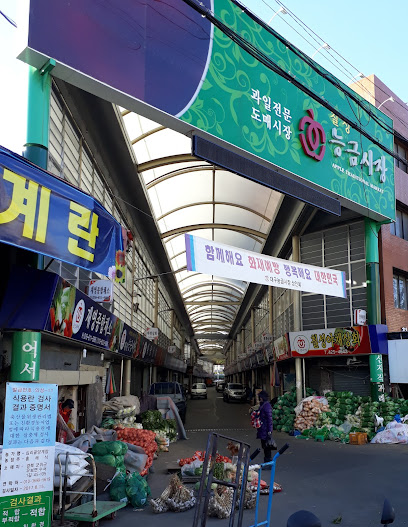
Seonam Market
Explore the vibrant Seonam Market in Daegu, where tradition meets culinary delights and local culture comes alive.
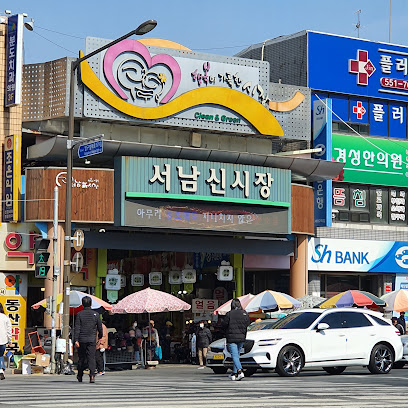
Cheongna Hill
Explore the enchanting Cheongna Hill, a historical landmark in Daegu offering stunning views and rich cultural heritage.
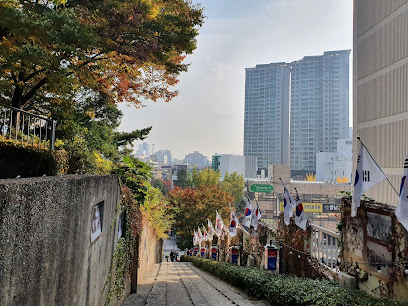
Bangcheon Market
Discover the cultural richness of Bangcheon Market in Daegu, where local flavors, vibrant stalls, and warm hospitality converge for an unforgettable experience.
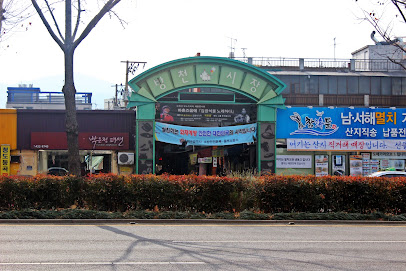
서문시장 야시장
Discover the charm of Seomun Night Market in Daegu, where vibrant street food, unique shopping, and local culture come together for an unforgettable experience.
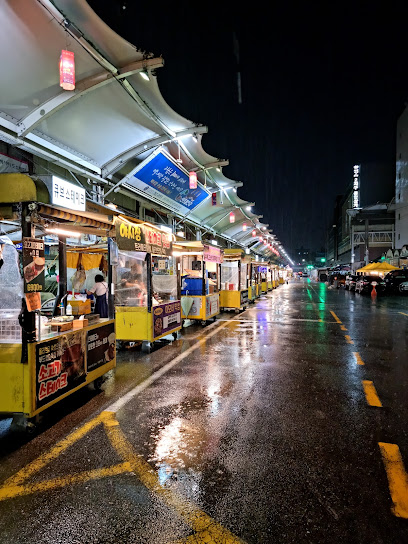
Nammun Market
Discover the bustling atmosphere of Nammun Market in Daegu, where delectable street food and unique local crafts await every traveler.
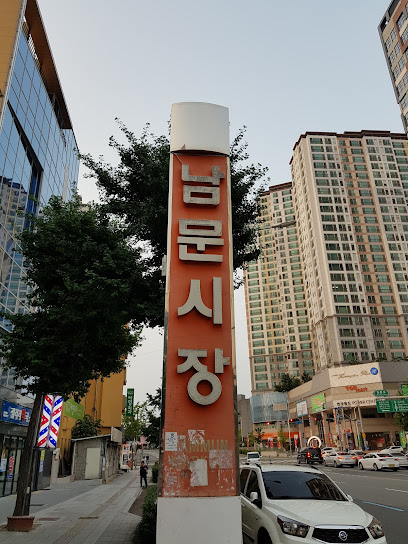
Seomun Market - Dongsan Shopping Center
Explore Seomun Market - Dongsan Shopping Center in Daegu, South Korea, a vibrant shopping hub with delicious street food and local culture.
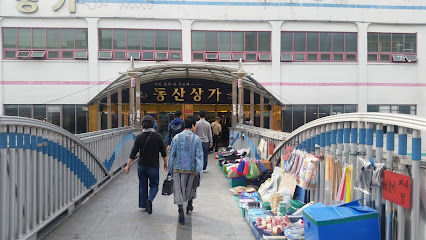
서문시장1지구
Discover the vibrant Seongju Market in Daegu, where authentic Korean cuisine meets local culture in an unforgettable shopping experience.
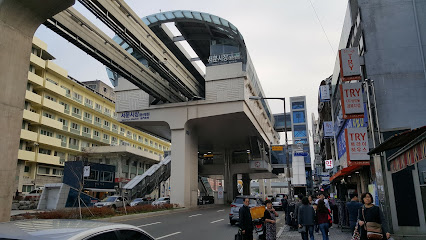
Daegu Heritage Trail
Explore Daegu Heritage Trail, a captivating historical landmark that highlights the rich culture and history of Daegu, South Korea.
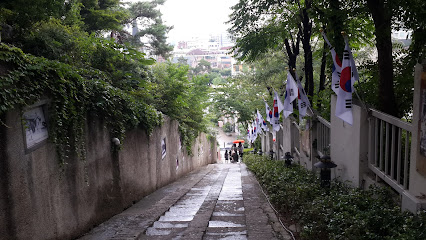
Seomun Traditional Market
Explore the vibrant Seomun Traditional Market in Daegu for an authentic taste of Korean culture, cuisine, and crafts in a historic setting.
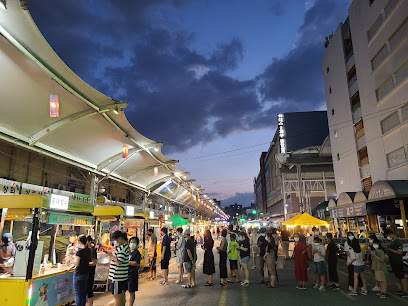
Seomun Market
Discover the vibrant Seomun Market in Daegu, South Korea – where tradition meets modern-day shopping and culinary delights await at every corner.
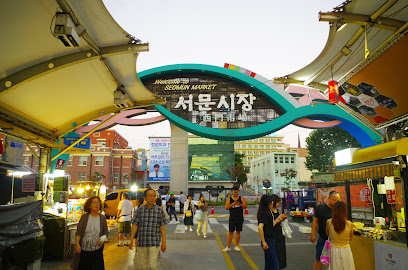
Seomun Traditional Market Zone 2
Explore the lively Seomun Traditional Market Zone 2 in Daegu, where vibrant culture meets delicious street food and unique local crafts.
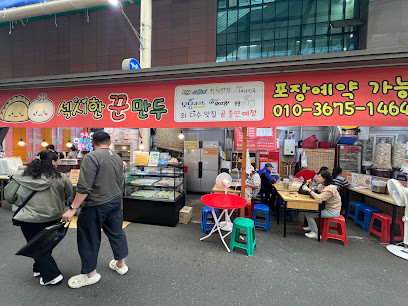
Unmissable attractions to see
Seomun Market
Experience the vibrant culture and culinary delights at Seomun Market, Daegu's historic traditional market, where every corner reveals a new adventure.
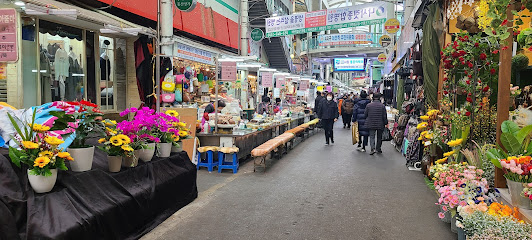
Sparkland
Discover the excitement of Sparkland, Daegu's top tourist attraction, where thrilling rides and delicious cuisine create unforgettable family memories.
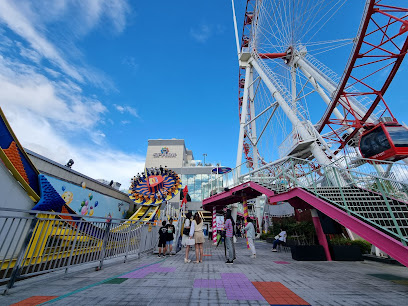
Daegu Art Factory
Explore the dynamic art scene at Daegu Art Factory, a cultural hub that inspires creativity and showcases local artistry in South Korea.
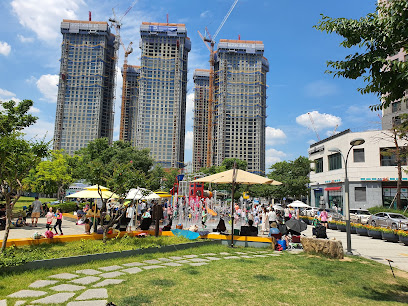
Daegu Modern History Museum
Explore the fascinating history of Daegu at the Daegu Modern History Museum, where past and present converge in a captivating journey.
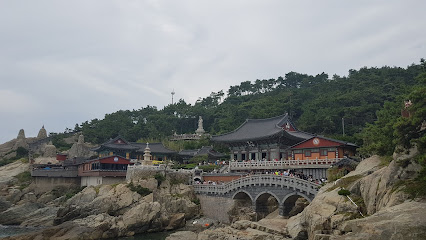
House of Yi Sanghwa
Discover the rich literary heritage at the House of Yi Sanghwa, a historical landmark in Daegu reflecting Korea's cultural essence.
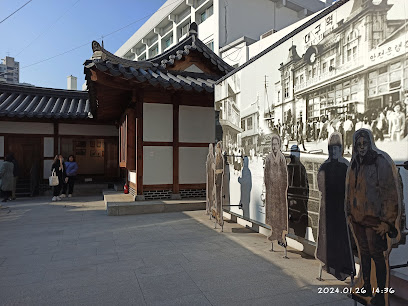
Daegu Heritage Trail
Discover the captivating historical landmarks of Daegu Heritage Trail, where every step reveals the rich cultural heritage of South Korea's vibrant city.
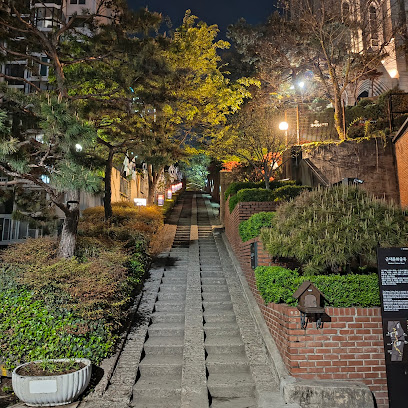
Essential places to dine
미림돈까스
Experience the best tonkatsu in Daegu at 미림돈까스 - where crispy meets savory in every bite.
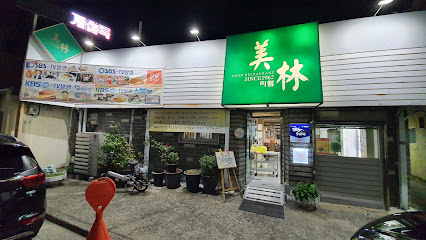
Sammi Kalbijjim
Discover the authentic taste of Korean cuisine at Sammi Kalbijjim - renowned for its delicious kalbijjim and warm atmosphere in Daegu.
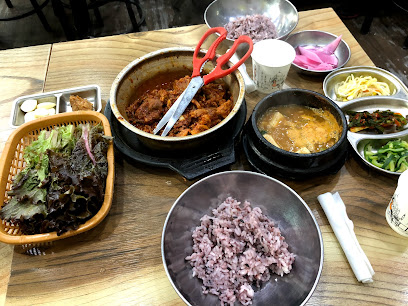
약초골목칼국수
Experience authentic Korean cuisine at 약초골목칼국수 in Daegu - home to delicious handmade kalguksu and welcoming hospitality.
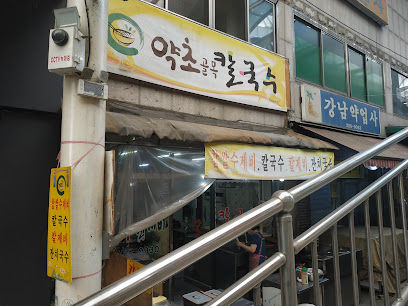
Halmaejib
Experience the authentic taste of Korea at Halmaejib in Daegu—where tradition meets flavor in every dish.
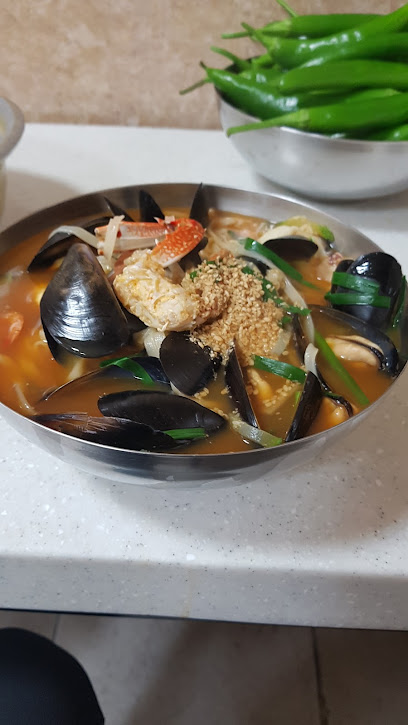
연돈볼카츠 대구서문시장점
Savor gourmet hamburgers at 연돈볼카츠 in Daegu's historic Seomun Market - a culinary adventure awaits!
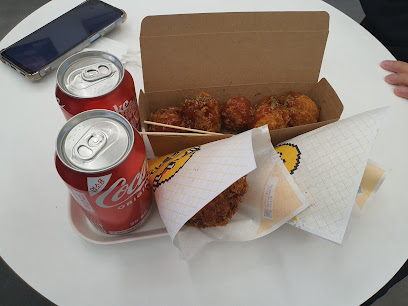
울트라삼겹철판
Discover the essence of Korean cuisine at 울트라삼겹철판 in Daegu's historic Seomun Market—where every bite tells a story.

Bagseu
Explore the rich flavors of vegetarian cuisine at Bagseu in Daegu – a culinary gem perfect for health-conscious travelers.

큐브스테이크
Experience the exquisite flavors of Korea at 큐브스테이크 in Daegu's lively Seomun Market - where every bite tells a story.

Posijeun
Discover the eclectic culinary scene at Posijeun in Daegu—where innovative flavors meet inviting ambiance.

불타는스테이크
Experience authentic Korean BBQ at 불타는스테이크 - where every bite ignites your taste buds amidst Daegu's bustling Seomun Market.

Markets, malls and hidden boutiques
Seomun Market
Experience the rich culture and flavors of South Korea at Seomun Market, Daegu's bustling traditional market and a must-visit tourist attraction.
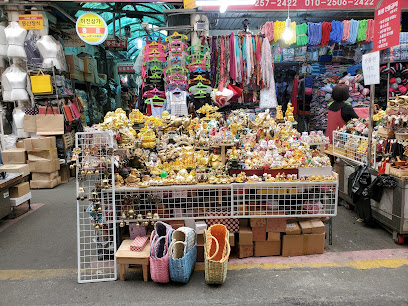
Seomun Market - Dongsan Shopping Center
Explore the vibrant Seomun Market - Dongsan Shopping Center in Daegu, South Korea, where tradition meets modern shopping and culinary delights await.
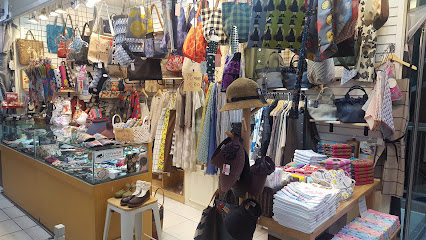
daegugoods
Explore Daegu Goods for unique souvenirs and local crafts reflecting the rich culture of Daegu, South Korea.
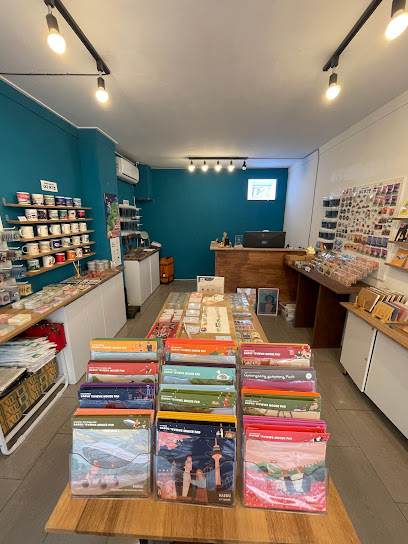
Seomun Traditional Market Zone 2
Discover the vibrant local culture and delicious flavors at Seomun Traditional Market Zone 2 in Daegu, South Korea, a must-visit for every tourist.
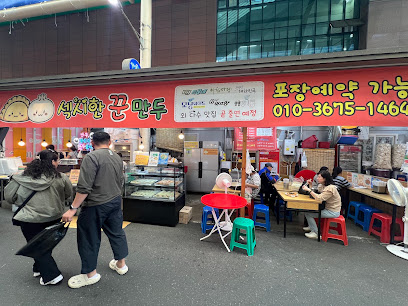
서문시장OK이불
Discover unique home goods and traditional crafts at 서문시장OK이불, a must-visit destination in the heart of Daegu, South Korea.
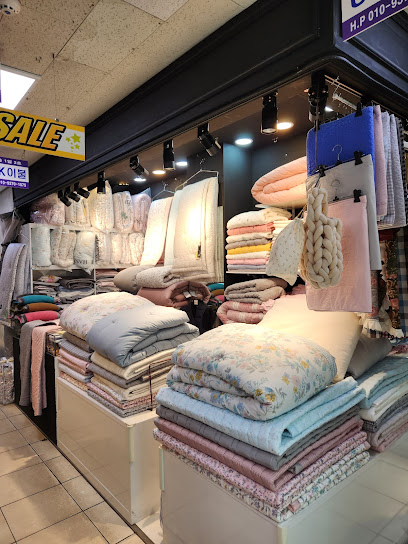
꾸밈 악세사리
Explore the enchanting world of costume jewelry at 꾸밈 악세사리 in Daegu, offering unique styles and exquisite craftsmanship for every taste.

Kodi
Discover unique fashion and local craftsmanship at Kodi, a vibrant clothing store in Daegu's Jung-gu district.

Jenteulmaen
Explore Jenteulmaen, a trendy clothing store in Daegu's Jung-gu district, offering stylish apparel for every fashion enthusiast.

Misibang
Explore the eclectic fashion scene at Misibang, a unique clothing store in Daegu's vibrant Jung-gu district, where local trends meet global styles.

블링블링
Explore the vibrant world of unique gifts and local crafts at 블링블링 in Daegu, South Korea.

Essential bars & hidden hideouts
brewers brothers
Discover the heart of Daegu's nightlife at Brewers Brothers, where craft beer meets delicious pub fare in a lively atmosphere.
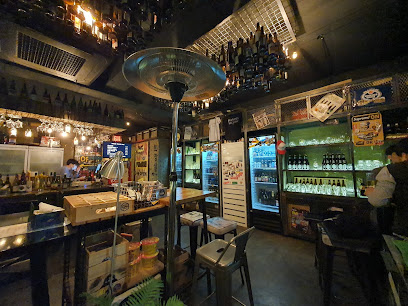
Los Cubanos
Dive into the vibrant nightlife of Daegu at Los Cubanos, where music, dancing, and refreshing cocktails create unforgettable memories.
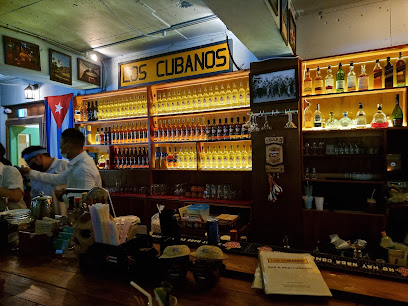
바바렐라
Discover the vibrant nightlife of Daegu at Barbarella, a lively bar offering eclectic drinks and a welcoming atmosphere.
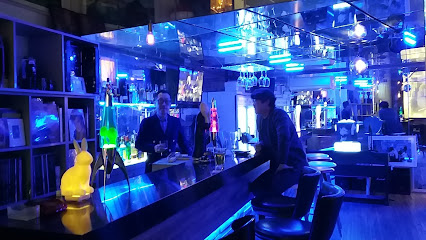
Daegu Bar GOGO PUB
Discover the lively nightlife at Daegu Bar GOGO PUB, a cocktail and hookah haven in the heart of Daegu, perfect for socializing and relaxation.
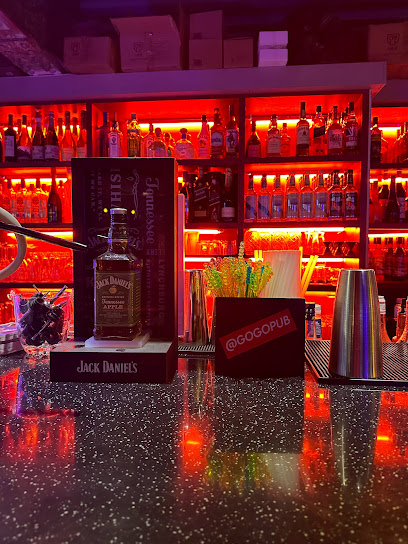
smalls recordbar
Discover the heartbeat of Daegu's nightlife at Smalls Recordbar, where local talent and a cozy atmosphere create unforgettable nights.
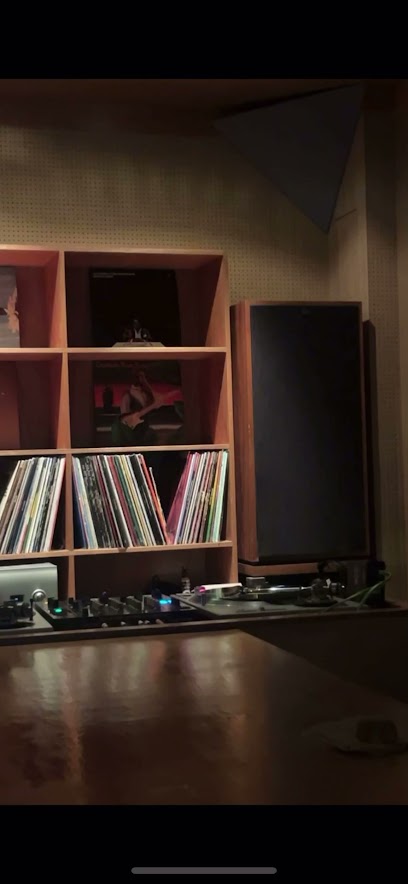
Bar
Experience Daegu's vibrant nightlife at this top-rated bar offering an array of drinks and an inviting atmosphere perfect for socializing.

Yunseul
Experience the vibrant nightlife of Daegu at Yunseul, where expertly crafted drinks and a welcoming atmosphere await you.

W
Experience the enchanting nightlife at W, a cozy bar in Daegu known for its creative cocktails and inviting atmosphere.

Eoullim
Discover the vibrant nightlife of Daegu at Eoullim, where exceptional cocktails and a welcoming atmosphere await every traveler.

Binsenteu
Experience the essence of Daegu at Binsenteu, a charming wine bar offering an exquisite selection of local and international wines in an inviting atmosphere.

Local Phrases
-
- Hello안녕하세요
[Annyeonghaseyo] - Goodbye안녕히 가세요
[Annyeonghi gaseyo] - Yes네
[Ne] - No아니요
[Aniyo] - Please/You're welcome제발/천만에요
[Jebal/Cheonmaneyo] - Thank you감사합니다
[Gamsahamnida] - Excuse me/Sorry죄송합니다
[Joesonghamnida] - How are you?어떻게 지내세요?
[Eotteoke jinaeseyo?] - Fine. And you?잘 지내고 있어요. 당신은요?
[Jal jinaego isseoyo. Dangshineunyo?] - Do you speak English?영어 할 줄 아세요?
[Yeongeo hal jul aseyo?] - I don't understand이해하지 못해요
[Ihaehaji mothaeyo]
- Hello안녕하세요
-
- I'd like to see the menu, please메뉴를 보고 싶어요
[Menureul bogo sipoyo] - I don't eat meat고기를 먹지 않아요
[Gogireul meokji anayo] - Cheers!건배!
[Geonbae!] - I would like to pay, please계산하고 싶어요
[Gyesanhago sipoyo]
- I'd like to see the menu, please메뉴를 보고 싶어요
-
- Help!도와주세요!
[Dowajuseyo!] - Go away!가세요!
[Gaseyo!] - Call the Police!경찰을 불러주세요!
[Gyeongchareul bulleojuseyo!] - Call a doctor!의사를 불러주세요!
[Uisareul bulleojuseyo!] - I'm lost길을 잃었어요
[Gireul ilheosseoyo] - I'm ill아프네요
[Apneyo]
- Help!도와주세요!
-
- I'd like to buy...사고 싶어요
[Sago sipoyo] - I'm just looking그냥 둘러보고 있어요
[Geunyang dulleobogo isseoyo] - How much is it?얼마에요?
[Eolmaeyo?] - That's too expensive너무 비싸요
[Neomu bissayo] - Can you lower the price?가격을 깎아 주실 수 있나요?
[Gageogeul kkakka jusil su innayo?]
- I'd like to buy...사고 싶어요
-
- What time is it?지금 몇 시에요?
[Jigeum myeot sieyo?] - It's one o'clock한 시에요
[Han sieyo] - Half past (10)열 시 반
[Yeol si ban] - Morning아침
[Achim] - Afternoon오후
[Ohu] - Evening저녁
[Jeonyeok] - Yesterday어제
[Eoje] - Today오늘
[Oneul] - Tomorrow내일
[Naeil] - 1일
[Il] - 2이
[I] - 3삼
[Sam] - 4사
[Sa] - 5오
[O] - 6육
[Yuk] - 7칠
[Chil] - 8팔
[Pal] - 9구
[Gu] - 10십
[Sip]
- What time is it?지금 몇 시에요?
-
- Where's a/the...?...이 어디에요?
[...i eodieyo?] - What's the address?주소가 뭐에요?
[Jusoga mwoeyo?] - Can you show me (on the map)?지도로 보여주세요?
[Jidoro boyeojuseyo?] - When's the next (bus)?다음 버스는 언제와요?
[Daeum beoseuneun eonjewayo?] - A ticket (to ....)표 하나 주세요 (....로)
[Pyo hana juseyo (....ro)]
- Where's a/the...?...이 어디에요?
History of Seomun Market
-
Seomun Market, one of the oldest and largest traditional markets in South Korea, has its origins dating back to the Goryeo Dynasty (918-1392). Initially established as a place for commerce and trade, its name, meaning 'West Gate Market', reflects its location near the western gate of the ancient city. The market quickly became a hub for local farmers and merchants, facilitating the exchange of goods and cultural practices.
-
During the Joseon Dynasty (1392-1910), Seomun Market expanded its significance, becoming a vital center for both commerce and culture. The market served as a gathering place for merchants from across the region, and its role in the local economy was complemented by the cultural exchange that took place within its bustling streets. The market also became known for its traditional crafts and goods, including textiles and ceramics.
-
The Korean War (1950-1953) had a profound impact on Seomun Market. Despite the devastation that the conflict brought to Daegu and the surrounding regions, the market emerged as a crucial site for recovery and rebuilding. Vendors returned to the market, selling essential goods, and it became a focal point for the local community, symbolizing resilience and the spirit of survival.
-
In the late 20th century and into the 21st century, Seomun Market underwent significant modernization while retaining its traditional charm. Efforts to preserve its heritage have led to the revitalization of traditional food stalls and artisan shops, attracting both locals and tourists. The market has become known for its vibrant atmosphere and culinary offerings, including the famous 'Seomun Market Kalguksu' (handmade knife-cut noodles), showcasing the blend of history and modernity in Daegu.
-
Today, Seomun Market stands as a testament to Daegu’s rich history and cultural diversity. It is not only a commercial hub but also a cultural landmark that hosts various events, festivals, and exhibitions. The market continues to reflect the evolving identity of Daegu, attracting visitors from all over the world who seek to experience the authentic flavors and vibrant culture of South Korea.
Seomun Market Essentials
-
Seomun Market is easily accessible from various neighborhoods in Daegu. From Daegu Station, take Line 1 of the Daegu Metro towards Ansim Station and disembark at Seomun Market Station. The market is a short walk from the station. Alternatively, local buses connect directly to the market from popular areas like Dongseongro and the Daegu Art Museum.
-
Seomun Market is primarily pedestrian-friendly, making it easy to navigate on foot. Public transportation options include the metro and local buses, which stop at various entrances to the market. Bicycle rentals are available, and bike lanes are present in some areas for those who prefer cycling. Taxis are also readily available for short distances.
-
Seomun Market is generally safe for tourists, but it's wise to stay vigilant. Petty theft can occur in crowded areas, so keep an eye on your belongings. While there are no specific high-crime areas, it is advisable to avoid poorly lit streets at night. Always use common sense and avoid displaying valuables.
-
In case of an emergency, dial 112 for police assistance or 119 for fire and medical emergencies. Hospitals and clinics are available in the vicinity of Seomun Market, and it's advisable to have travel insurance that covers medical emergencies. For minor health issues, local pharmacies can provide over-the-counter medications.
-
Fashion: Do wear comfortable clothing and shoes for walking. Avoid overly casual or revealing outfits. Religion: Do respect local customs, especially if visiting temples nearby. Public Transport: Do be courteous and allow others to exit before entering. Don’t engage in loud conversations. Greetings: Do greet vendors with a smile and a nod. Eating & Drinking: Do try the street food, and don’t waste food or refuse it when offered.
-
To experience Seomun Market like a local, visit early in the morning when the vendors are setting up, and the atmosphere is vibrant. Engage in conversations with vendors for insights into their products. Explore the hidden alleys for unique handmade goods. Don’t hesitate to try the local specialties, such as kalguksu (knife-cut noodles) and hotteok (sweet pancakes) available from various stalls.
Nearby Cities to Seomun Market
-
Things To Do in Gyeongju
-
Things To Do in Ulsan
-
Things To Do in Pohang
-
Things To Do in Andong
-
Things To Do in Busan
-
Things To Do in Daejeon
-
Things To Do in Jeonju
-
Things To Do in Suncheon
-
Things To Do in Gwangju
-
Things To Do in Suwon
-
Things To Do in Mokpo
-
Things To Do in Seoul
-
Things To Do in Chuncheon
-
Things To Do in Incheon
-
Things To Do in Fukuoka





